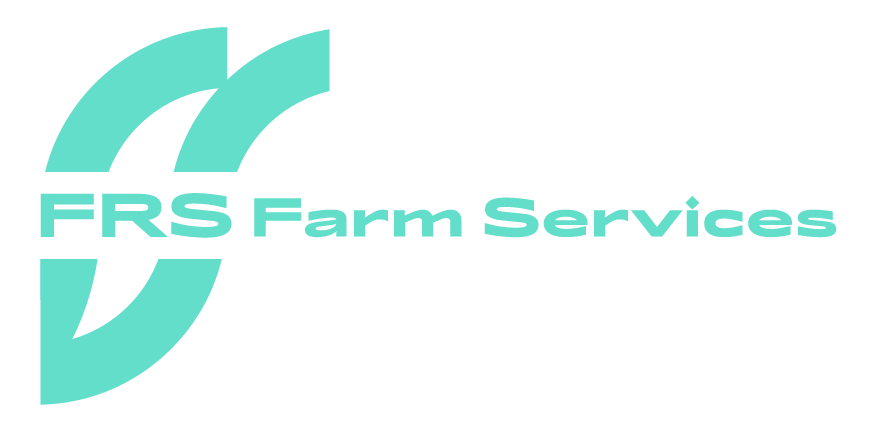Working at heights can be dangerous at any time of the year but during the Winter months risk of accidents are increased. Farmers may now be planning to work at heights in advance of winter housing but must remain cautious and keep safety at the forefront of their minds. Upcoming jobs may include gutter lining, cleaning and repair, roof repairs, camera maintenance or high-level cleaning.
An average of 62 people die per year as a direct result of workplace accidents in Ireland. There are far too many fatal instances from working at heights. Statistics from the HSA show that 14% of fatalities from 2011 – 2020 occurred due to falls/collapses. Further data from the HSE suggests that accidents from slipping/falling peak during Winter months. Reasons include poor weather conditions such as rain, frost, and snow, resulting in slippery surfaces.
There are many ways farmers or farm workers work with heights. These includes working on trestles, ladders, or on a roof. It is also considered to be working at a height when on ground level working adjacent to excavation or working near fragile materials.
Safety measures to reduce the risk of accidents
- Farmers must plan tasks in advance and carry out a risk assessment. Identify possible risks and take measures and precautions to eliminate them. Hire professional equipment if needed, do not skimp on safety. Put up warning signs and restrict access if necessary.
- If a worker is involved, ensure they are fully trained for the task. Specific safety measures should be discussed and agreed at the start of the job and frequent updates should be communicated. Check the weather conditions in advance and do not jeopardise employee’s health and safety.
- Depending on the task, farmers should ensure they have the correct equipment, tools, and PPE for the job. Check in advance that they are in good working order and do not start the task without the correct tools or faulty tools.
- Should there be a risk of falling in a task, measures must be taken to minimise the distance of the potential fall and the risk of personal injury. Use of fall arrest equipment, safety nets and warning notices erected at approach to fragile surfaces should be considered.
- Farmers must also ensure measures are taken to prevent people being struck by falling objects. Also, they should ensure objects are stored to prevent risk from collapse, overturning or unintended movement.
- Farmers must comply with the SHWW General Application – Work at Height Regulations. Information about the regulations can be found on www.hsa.ie.
Farmers should ask for help when needed and do not attempt to undertake dangerous tasks on their own. Farm Relief Services offers reliable farm aid to help with daily farm tasks. To find out more about services FRS provide, call 0818 890 890 or visit www.frsfarmrelief.ie
